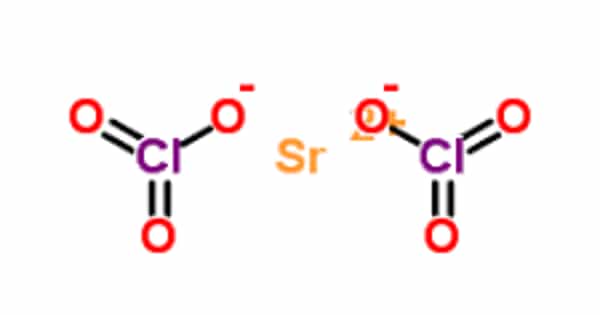Crude oil, also known as petroleum, is a naturally occurring, unrefined liquid fossil fuel composed of hydrocarbon deposits and other organic materials. It is found deep within the Earth’s crust and is typically extracted through drilling wells in oil fields.
Researchers from the University of Bath’s Department of Chemistry and Institute for Sustainability have discovered a way to turn a compound found in pine trees, one that is also a waste product from the paper industry, into two of the world’s most popular painkillers, paracetamol and ibuprofen.
A pine tree is a type of evergreen coniferous tree belonging to the genus Pinus, which is part of the Pinaceae family. These trees are widely distributed throughout the Northern Hemisphere and are well-known for their distinct, needle-like leaves, which they retain year-round, giving them their “evergreen” characteristic.
Perhaps not widely recognized, but as the world strives to achieve Net Zero, many commonly used medications are produced utilizing chemical precursors obtained from crude oil. Crude oil has been a critical resource for various industries, especially in the production of fuels and petrochemical products.
Our turpentine-based biorefinery model uses waste chemical by-products from the paper industry to produce a spectrum of valuable, sustainable chemicals that can be used in a wide range of applications from perfumes to paracetamol.
Dr. Josh Tibbetts
The research team from Bath has developed a method of creating a range of pharmaceutical precursors from biorenewable β-pinene, a component of turpentine which is a waste by-product from the paper industry (annual production >350,000 tons).
They successfully converted β-pinene into two everyday painkillers, paracetamol and ibuprofen, which are produced on ~100,000 ton scales annually.
Additionally, they were successful in creating a variety of additional precursor chemicals from turpentine, such as 4-HAP (4-hydroxyacetophenone), which is a precursor to several different chemicals used in cleaning goods and perfumes, as well as beta-blockers and the medication salbutamol, used to treat asthma.
They believe that the requirement for crude oil products in the chemical sector may be replaced by this more environmentally friendly “biorefinery” strategy.
Dr. Josh Tibbetts, Research Associate in the University’s Department of Chemistry, said, “Using oil to make pharmaceuticals is unsustainable not only is it contributing to rising CO2 emissions, but the price fluctuates dramatically as we are greatly dependent on the geopolitical stability of countries with large oil-reserves, and it is only going to get more expensive.”
“Instead of extracting more oil from the ground, we want to replace this in the future with a ‘bio-refinery’ model.”
“Our turpentine-based biorefinery model uses waste chemical by-products from the paper industry to produce a spectrum of valuable, sustainable chemicals that can be used in a wide range of applications from perfumes to paracetamol.”
The approach uses continuous flow reactors so that manufacturing can be continuous and easier to scale up than using chemicals in a big reactor to make discrete batches of product.
While the current approach may be more expensive than using oil-based feedstocks, people may be willing to pay a little bit more for drugs that are entirely made from plants.
















